Perfect Pitch: How to Tell if You Have It
Â
Perfect pitch is a musical term. It is universally defined as “the ability to identify and/or recreate a musical note without comparing it to a reference note.” It is the ability to hum, sing or play on an instrument any given note without hearing it first. Perfect pitch is also referred to as “absolute pitch.”
Most musicians don’t have perfect pitch, and it is not a requirement for top musicians. Most musicians have excellent relative pitch, which is the ability to identify a 2nd tone relative to some other tone.
People with perfect or absolute pitch tend to fall into two classes. The first class consists of those who are born with it. It’s much like any other musical gift. It could be compared to the ability to play piano without ever taking lessons or learning to read music. Few people are born with this gift. Those who are tend to become proficient musicians. Some famous musicians with perfect pitch include Celine Dion, Julie Andrews, Ella Fitzgerald, Bing Crosby and Glenn Gould.
The second class includes those who have trained themselves to have perfect pitch. Far more people with absolute pitch have learned it rather than were born with it. Those people with a natural aptitude towards music will probably be able to achieve it with practice.
A basic understanding of how musical notes work will help to determine whether you have perfect pitch. Western music consists of seven different whole tones. These tones or notes are assigned a letter of the alphabet as a name: A, B, C, D, E, F and G. There are also semitones between some of these notes. A C-scale, for example, contains the semitones C sharp, D sharp, F sharp, G sharp and A sharp.
Each note (whether a whole or semitone) is assigned a specific frequency. This frequency is the same no matter where in the world you live. It’s the same for every musical instrument and every sound, both natural and man-made. A “C” always sounds the same, everywhere and every time.
Most seasoned musicians are able to demonstrate relative pitch to some degree. This means that if a “C” is played, the person could then sing or play all of the other notes on the scale using the C as a reference point. Even young children with musical training can do this.
Someone with perfect or absolute pitch doesn’t need to have a “C” played to reproduce an accurate “C.” In fact, he or she can reproduce any note without a reference point. These people can also accurately name a single note that is played or sung. In fact, they can often hear a sound in the environment, like a car horn, and name its frequency.
So, do you have perfect pitch? If you’re a musician with at least a basic knowledge of notes and scales, test yourself. Play a CD and try to isolate a few notes. See if you can identify those notes without looking at a keyboard or other instrument. You may have perfect pitch if you are correct most or all of the time.
Another way to determine your ability level is to listen to music that’s relatively unfamiliar to you. See if you can determine what key a particular song is being played in after listening to a few bars. You can also listen to everyday sounds, like the refrigerator humming, and try to name those frequencies.


